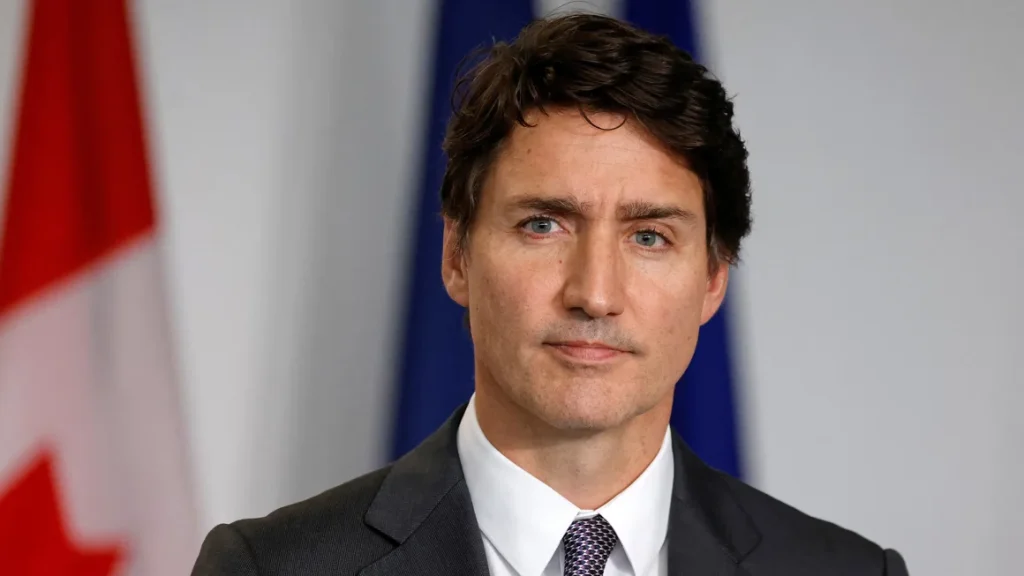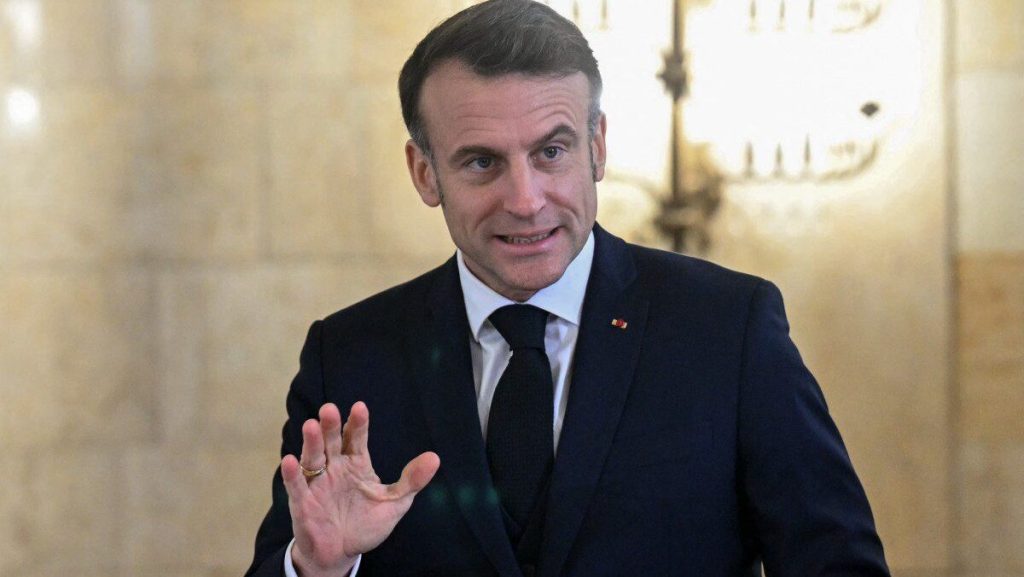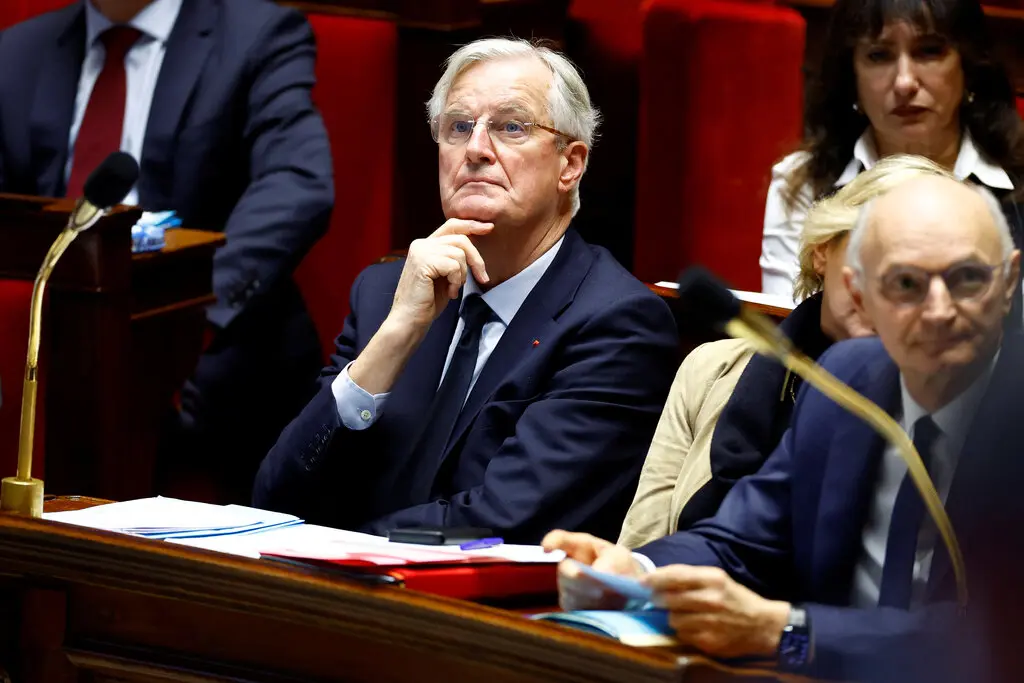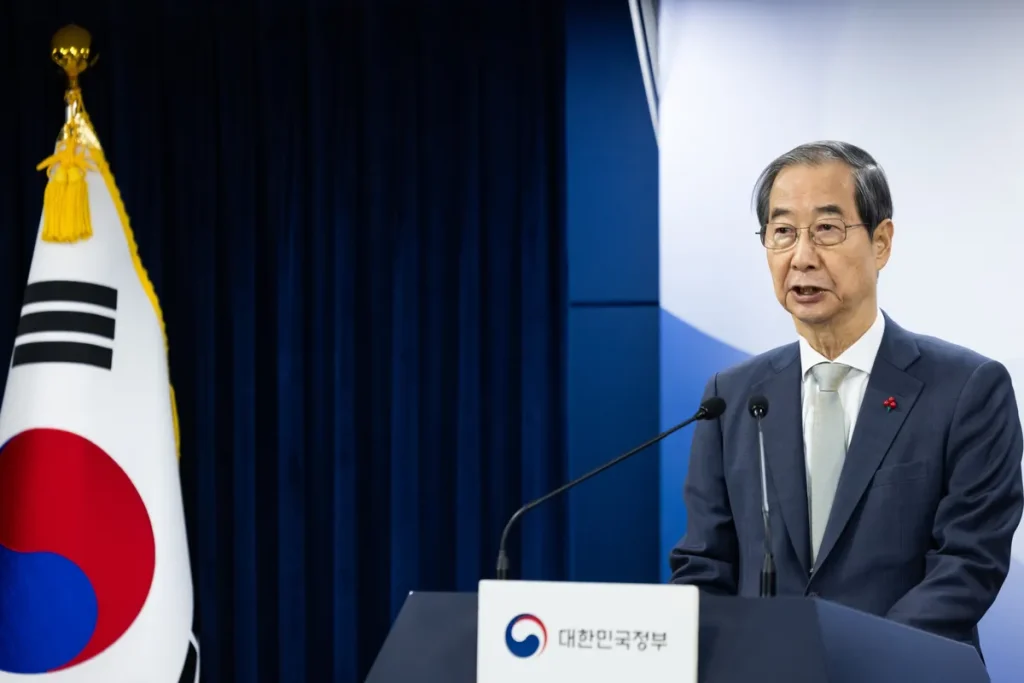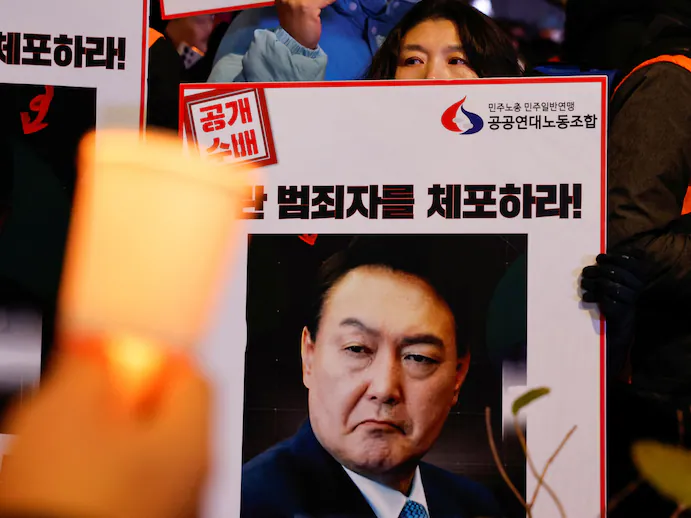Canada’s Trudeau announces resignation following party pressure amid criticisms of Trump, budget handling

In a surprising political turn, Canadian Prime Minister Justin Trudeau has announced his resignation amid growing pressure from within his party. The decision, which shocked both political analysts and the Canadian public, follows a series of criticisms regarding his leadership, particularly concerning his handling of the country’s budget and his contentious remarks on global leaders like former U.S. President Donald Trump. While Trudeau’s resignation is being seen as a strategic move to quell internal dissent and pave the way for a new direction, the political ramifications of this decision will be felt across the nation and beyond.
Pressures Mount from Within the Party
Trudeau’s leadership has faced increasing scrutiny over the past year, especially from within the Liberal Party, which has begun to show signs of discontent with his direction. While the Prime Minister has led the party to multiple electoral victories, his more recent tenure has been marred by criticism regarding economic policies and global diplomatic tensions. His handling of Canada’s national budget, which many believed failed to address growing concerns of inflation, public debt, and social welfare, has drawn the ire of his party members, many of whom have called for a shift in approach. Some members of the Liberal Party have expressed frustration with the perceived lack of progress on key issues such as affordable housing, healthcare reform, and Indigenous rights, all of which were central promises during Trudeau’s earlier campaigns.
Trudeau’s handling of the budget, in particular, has been a focal point for criticism. Critics argue that his economic strategy has not sufficiently addressed the fiscal realities of post-pandemic recovery, leaving Canadians struggling with rising costs of living. The growing discontent within the party reached a boiling point when several senior figures reportedly approached Trudeau, urging him to step down and make way for new leadership. The calls for a change in leadership were seen as an attempt to rejuvenate the party and restore confidence among voters who have become disillusioned with the current administration’s perceived inability to address key issues.
Trudeau’s Remarks on Trump and Global Diplomacy
Another aspect that fueled the pressure for Trudeau’s resignation was his controversial remarks on former U.S. President Donald Trump and his stance on global diplomacy. While Trudeau has long been a vocal critic of Trump’s leadership, recent comments made by the Canadian Prime Minister regarding Trump’s influence on global politics and the U.S.’s impact on Canada’s economy were perceived as divisive. His remarks, which seemed to undermine Trump’s policies, alienated certain political factions within Canada and the United States, raising concerns about Trudeau’s ability to maintain diplomatic ties in the future.
For some members of the Liberal Party, Trudeau’s rhetoric was seen as increasingly out of touch with the pragmatic diplomacy required in today’s global political climate. His tendency to focus on symbolic issues such as climate change and social justice, while ignoring the more immediate economic challenges facing Canadians, alienated parts of the electorate. The emphasis on idealism, they argued, was not enough to address the tangible concerns of the Canadian people, who were grappling with high inflation rates, energy prices, and an uncertain post-pandemic recovery.
The Political Fallout of Trudeau’s Resignation
Trudeau’s resignation has sent shockwaves through the Canadian political landscape. His decision to step down is seen by many as an attempt to avoid an embarrassing defeat in the next federal election, which was increasingly looking like a real possibility given the growing discontent within his party and the electorate. His departure is expected to trigger a leadership race within the Liberal Party, with several prominent figures already positioning themselves as potential successors.
The resignation also places significant pressure on Trudeau’s cabinet, which now faces the task of maintaining stability and ensuring that the party remains competitive in future elections. The Liberal Party must contend with the fact that its long-standing leader, who helped shape the political landscape over the past several years, is now stepping aside. Trudeau’s legacy, which includes progressive social policies, climate action efforts, and a focus on diversity, will be under intense scrutiny as the party works to chart a new course moving forward.
From an electoral perspective, Trudeau’s resignation is likely to shift the dynamics of the upcoming federal elections. The Conservative Party, under its new leadership, will likely seize on the opportunity to paint the Liberal Party as disorganized and incapable of providing effective governance. In contrast, the New Democratic Party (NDP), while traditionally an opponent of the Liberals, may see this moment as an opportunity to appeal to disillusioned voters who feel that the Trudeau government has failed to deliver on key issues.
Trudeau’s Legacy and What Comes Next
Justin Trudeau’s resignation marks the end of an era in Canadian politics. His tenure as Prime Minister has been defined by both successes and failures. On the one hand, he is remembered for his advocacy for gender equality, immigration, and environmental protection. On the other hand, his leadership has been tarnished by scandals, including the SNC-Lavalin affair, as well as criticisms of his handling of the economy and international relations.
As Trudeau steps down, questions arise about his future in politics. It remains unclear whether he intends to remain a member of Parliament or whether he will retire from public life altogether. For now, the focus shifts to the future of the Liberal Party and the potential for a new leader to take the reins. Trudeau’s departure opens the door for a new generation of politicians to rise to prominence, but it also leaves a void that will be difficult to fill.
In conclusion, Trudeau’s resignation is the result of a complex combination of internal party pressure, economic concerns, and external diplomatic challenges. His decision to step down will have lasting implications for both his political legacy and the future direction of Canadian politics. As the Liberal Party navigates this transition, the political landscape of Canada is poised for significant change, with the possibility of new leadership reshaping the country’s future.


